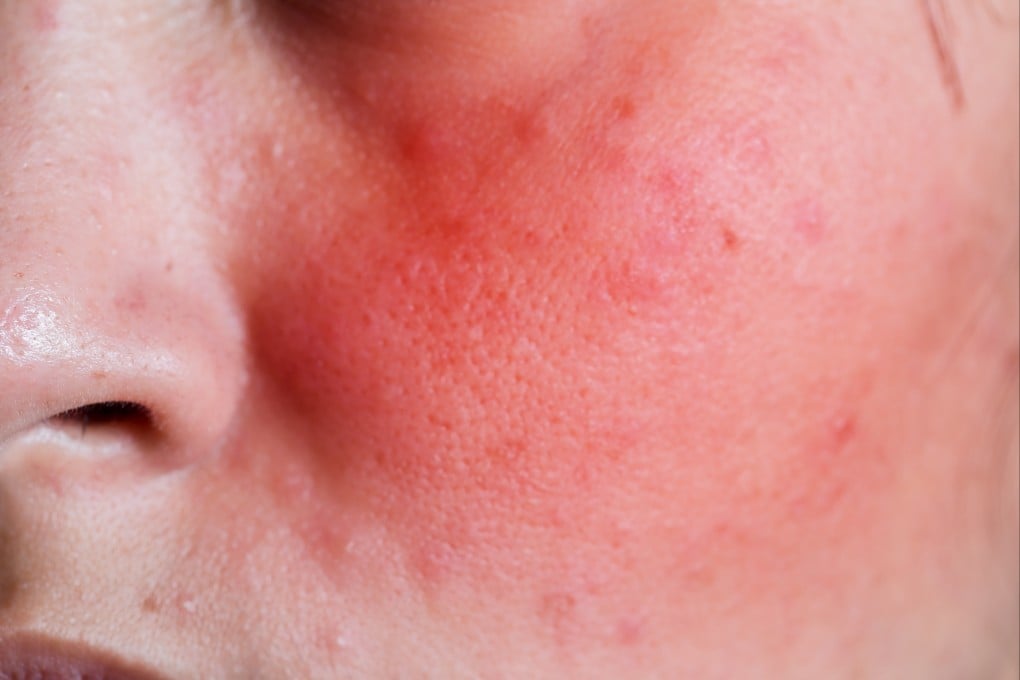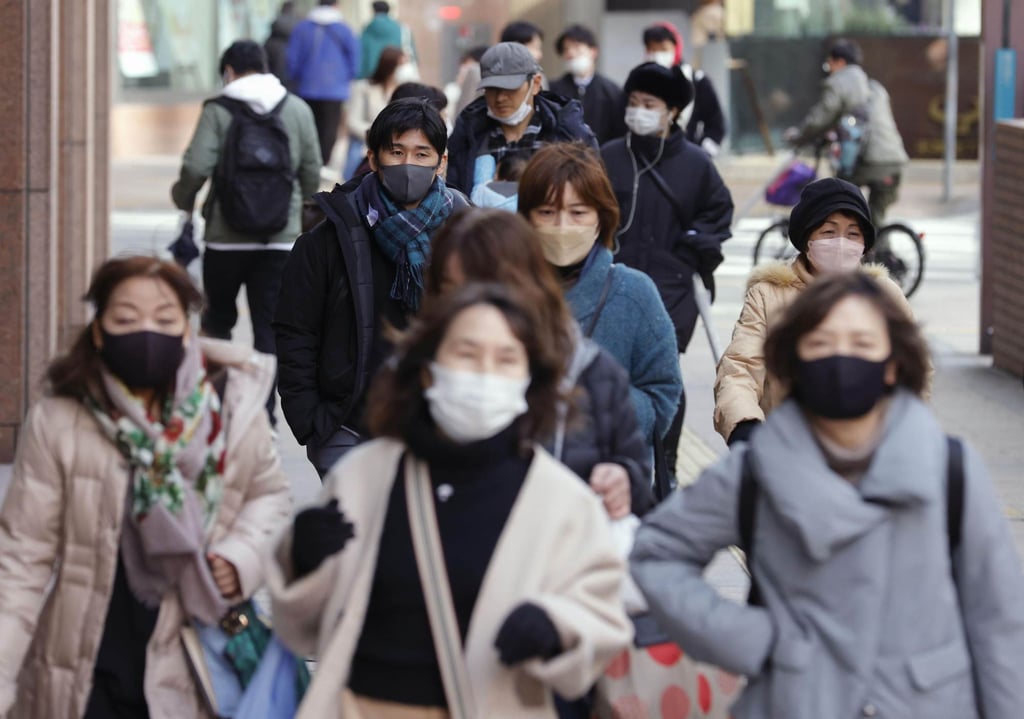Japan faces worst ‘slapped-cheek syndrome’ outbreak in 25 years, pregnant women at high risk
Japan is facing a significant outbreak of parvovirus B19 due to reduced post-pandemic immunity, posing significant risks to pregnant women and children

Parvovirus B19 causes erythema infectiosum, more commonly known as “slapped-cheek syndrome” because of the bright red cheek rashes it causes. Experts warn the virus can be especially dangerous for people with blood disorders and pregnant women who have not previously been infected.
“We still do not completely understand the reason for this sudden increase in cases,” said Dr Kazuhiro Tateda, president of the Japan Association of Infectious Diseases. “But of course it does come after the coronavirus pandemic, and we do know that these kinds of infectious diseases were quite strongly inhibited during that time, so it may be that many people now have less immunity to these kinds of infections.”
“We have also seen increases in cases of other types of similar illnesses, such as mycoplasma infections and influenza,” he told This Week in Asia, adding that it is “reasonable to believe” that while pandemic precautions benefited public health, illnesses are re-emerging as people become less careful and their immunity declines from reduced exposure.

According to the National Institute of Infectious Diseases, cases began to rise in August, with Tokyo and surrounding prefectures most severely impacted.
